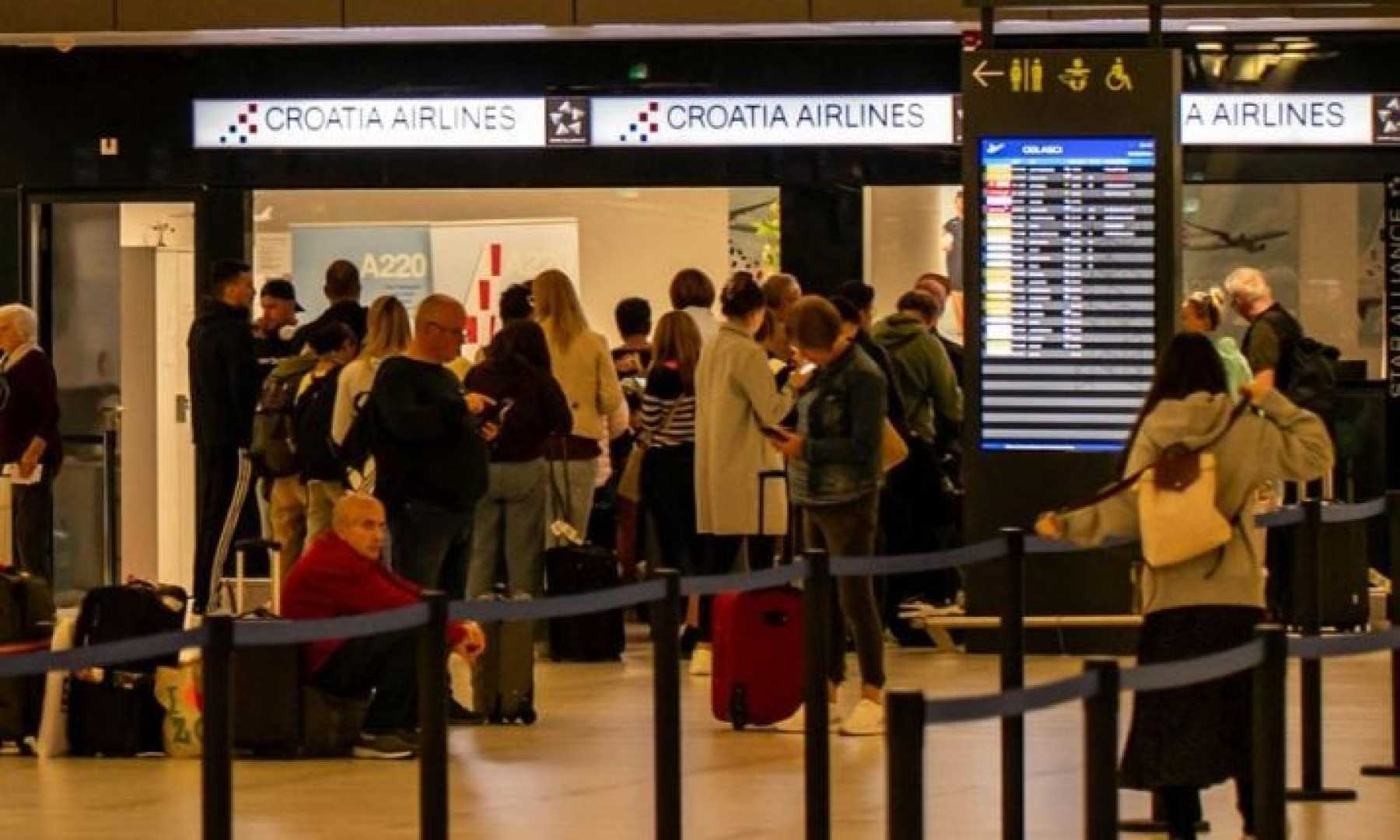News
Croatian Citizens Express Increasing Criticism of Foreign Workers, Survey Finds

ZAGREB, Croatia (Hina) – A recent survey conducted by the Institute for Migration Research revealed that only three percent of Croatian citizens are satisfied with the presence of foreign workers, indicating a growing dissatisfaction among the populace.
The survey, executed in early November with a representative sample of 1,000 adults, shows that 97 percent of respondents either expressed dissatisfaction or remained neutral regarding foreign workers. This represents a notable increase in negative sentiment compared to last year.
According to the findings, 20.63 percent of participants reported being completely dissatisfied, up from 16.5 percent the previous year. Additionally, 42.16 percent of respondents stated they were partially dissatisfied, while 34.13 percent remained neutral. Only 2.78 percent reported partial satisfaction, and just 0.30 percent expressed complete satisfaction.
The authors of the study noted a shift in the reasons for dissatisfaction among citizens. Fear of crime remains the primary concern, cited by 69.8 percent of respondents. However, worries about the economy and job opportunities are also prominent. About 51.7 percent of those surveyed are concerned that foreign workers reduce job opportunities for Croatian citizens. Furthermore, 47.7 percent believe that their presence drives down wages and work standards.
Interestingly, cultural differences were mentioned by 48.8 percent of respondents but with less intensity than in prior surveys, showing a shift toward concerns about safety and employment.
Among the very small group of respondents who expressed satisfaction, cultural diversity emerged as a key benefit. A significant 87.1 percent noted that foreign workers contribute positively to cultural exchanges and social life. Additional benefits cited included reduced unemployment (58.1 percent), enhanced economic productivity (48.4 percent), and better availability of certain services (19.4 percent).
For the first time, the study assessed social distance towards foreign workers, revealing significant reservation. Almost none of the respondents expressed a desire to accept a foreign worker into their family, with only 2.4 percent willing to consider them as friends, 5.7 percent as neighbors, and around 10 percent as colleagues.
Demographic analysis shows little variation in attitudes according to gender, age, or education. Younger respondents tended to display more neutral or slightly positive attitudes, while older individuals more frequently cited security concerns. The most pronounced differences based on employment status showed unemployed respondents expressing stronger negative attitudes related to job security, followed by a more muted concern among employed individuals. Safety issues were emphasized by retirees.
Lead researcher Ivan Balabanić stated that the societal concerns have notably shifted. “This year, citizens are largely focused on security, job availability, and wage levels,” he remarked. Balabanić noted that these findings suggest that foreign workers are primarily perceived as temporary labor rather than potential members of the community.
Institute director Marina Perić Kaselj emphasized the need for systematic research in shaping migration policy. “Only through consistent data collection and analysis can we base public debate on verified insights rather than assumptions or isolated impressions,” she said. Kaselj further emphasized that ongoing monitoring is essential for effective migration management and sustainable public policy development.












